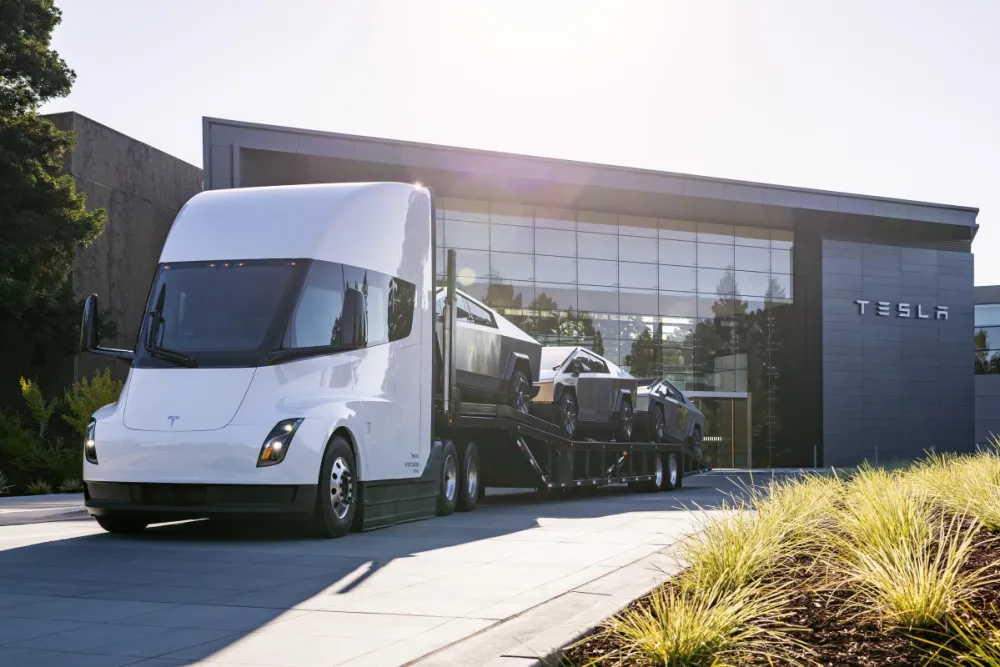Cybertruck is slated to commence deliveries from the Texas Gigafactory on November 30th
In a recent announcement of their third-quarter financial report for 2023, Tesla delineated that they had manufactured a cumulative total of 434,488 vehicles, and successfully delivered 435,059 of them. Furthermore, the eagerly anticipated electric pickup, the Cybertruck, is slated to commence deliveries from the Texas Gigafactory on November 30th. Additionally, the high-density 4680 batteries have been progressing seamlessly as per their production blueprint.
The data disclosed by Tesla showcases that of the 434,488 vehicles produced in the third quarter, 13,688 were the Model S and Model X. The actual delivery figures for these models amounted to 15,985. Conversely, the Model 3 and Model Y constituted 416,800 units, with the delivery figures impressively reaching 419,074, indicating that the current delivery pace surpasses the production rate.

Tesla asserts that the Model Y remains the best-selling electric vehicle in the European market. Concurrently, in light of the recent collaboration with the Hertz rental service in the U.S. and Canada, renters can now utilize the Tesla App to employ their mobile phones as vehicle keys to start, unlock, and remotely configure functionalities. Tesla has further refined its interface to simplify vehicle rental management and tracking.
The previously announced 4680 high-density batteries are currently being manufactured in accordance with their planned timeline. Tesla anticipates augmenting the production capacity of requisite components for these batteries within U.S. borders. They also reiterated that the Cybertruck deliveries will commence from the Texas Gigafactory on November 30th.
Among other advancements, Tesla’s energy deployment scale has expanded to a 4GWh capacity, witnessing a staggering annual growth of 90%. In the domain of artificial intelligence, the training scale has been amplified by more than twofold. They also highlighted the ongoing hardware enhancements of the Optimus humanoid robot, which now undergoes training through AI methodologies rather than solely relying on conventional software and hardware encoding processes.






